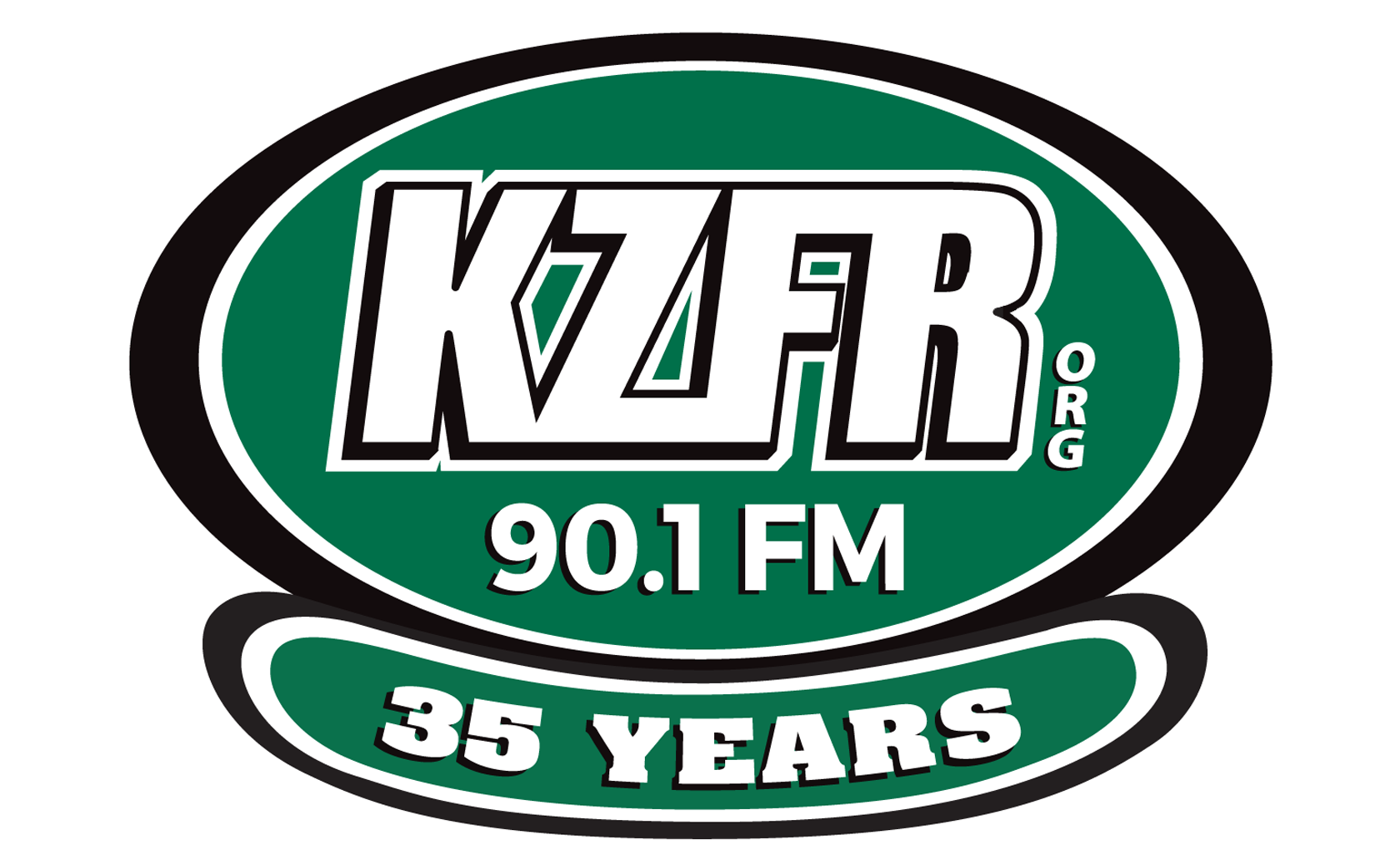On American Pastimes we hang out down in Joe Bussard’s basement and sample the catalogue of the last record company to produce 78 rpm records, Fonotone (1957-1970).
Back when there were only a handful of
television stations and the closest thing we had to a reality show was Ozzie
and Harriet, Joe Bussard was living a life that deserved to be documented in
full and broadcast weekly. His hyperactive, kinetic intensity and enthusiasm
would have filled the screen. His show would have been one third cigar-chomping
Joe, one third back roads travelogue, and one third great music, not
necessarily in equal parts. It would have featured thrilling discoveries, the
art of wheeling and dealing and it would all be held together with animated and
provocative opinion. If it had ever graced the airwaves the Neilson meter would
have had to be recalibrated.
During World War II millions of shellac 78 rpm records were melted down for the raw materials needed in the war effort. In those early days of the recording industry there were no master tapes stored in record-label vaults, only metal discs, most of which were also destroyed during the war years. The post-war decade saw the advancement of recording technology and everyone was replacing their 78’s with 33 rpm plastic. Flea markets and yard sales were flooded with the old and rare. When Joe Bussard was 10 years old he heard an old Jimmie Rodgers tune and discovered it was out of print. So he looked for it at a flea market. The old music appealed to him and by the time he was seventeen (in 1953) he was on the prowl searching for other 78 records. From flea markets he graduated to yard sales and then through word of mouth suggestions he began knocking on people’s front doors.
His hobby became a passion
and a life’s work, and his good fortune was that he was in the right place at
the right time. Bussard’s home in Maryland
was the perfect tactical beachhead for his forays. In the 1920’s and early 1930’s
commercial record companies were primarily regional in their focus and
marketing. Records were distributed to specific geographical areas: country
string bands to the south, black jazz and blues to urban or industrial areas. Record
salesmen had delivered the latest pressings to dry goods stores throughout the
farming and mining regions of Virginia, West Virginia and southern Pennsylvania. Twenty or thirty years later
these areas would be Bussard’s mother lode of string band, country, blues and
jazz records. It didn’t take long for
Joe to figure out that mountain people just don’t throw anything away and he
became a regular traveler along remote mountain roads, canvasing flea markets,
asking for leads, and knocking on doors.
His
best lead came once while he was pumping gas in a small coal town and he asked
the attendant about old records. The attendant told him about an old hardware
store in another coal town on the other side of the mountain. "So we go into this little coal town
which the highway had bypassed. It was dead. And we walk into the store, and it
was like going back into the 1920s—old metal tile ceilings with designs and big
ol' round bulb lights hanging down. I went in back and found the owner, this
short little guy, and he said, 'Yeah, they're upstairs,' and we got on this
freight elevator that moved about a tenth of a tenth of tenth of a mile per
hour. I thought we'd never get up to the second floor—a snail crawling up the
wall could have beaten us up there. Well, we finally got up there, and there
was a balcony that ran the whole length of the store. You could walk out along
there, and halfway out was a shelf of records—5,000 records in the shelf—store
stock, never been played. I just about shit. The sleeves were all black and
dirty from coal soot…..first one I pulled out was 'Sobbin' Blues' by King
Oliver on Okeh, absolutely new. The next one I pulled out was 'Jack Ass
Blues' on Vocalion by the Dixie Syncopators.
New. 'Dead Man Blues' by Oliver. Mint. It was heavy on jazz, some blues; most
of the country had been sold….I picked 'em out, four big stacks, each about
4-and-a-half feet tall, and carried 'em downstairs. 'What do you want for 'em?'
I said. 'How bout $100 for the whole works?' The old guy takes his hands out of
his pockets and the coal dust goes flying. He says, 'Take 'em out of here!' I
was so high when I went out of that store I could have floated."
Bussard’s most famous haul came about when he stopped to ask for directions to some small-town flea market in the Virginia hills and as he always did, he casually mentioned that he was looking for old 78s. “I got a gang of ‘em at home” came the reply. Twenty or thirty backwoods miles later Bussard was in the old guy’s home – in the bedroom – watching as the man reached under the bed and pulled out box after dust-covered box of 78s. Halfway through a stack his eye caught the tell-tale Peacock emblem of a Black Patti disc. The Black Patti label had produced only 55 records made by some very obscure black musicians in a seven month period between 1926 and 1927. Little is known about the record company, less about the musicians. “Oh man, that’s a nice label” says Joe doing his best to hide his excitement. “It is?” replies his host “there’s a bunch more…. some guy gave them to my sister in ‘27, we listened to them once, but we didn’t like the blues much.” There were fourteen more Black Pattis. Bussard kept his composure and a poker face as he looked through them. Near pristine, mint condition shellac records. The stack included what became the Holy Grail of blues records; the only known copy of The Down Home Boy’s “Original Stack O’ Lee Blues,” a version that is thought to most closely echo the song as it originally emerged in the saloons and on the streets of turn-of-the-century St. Louis.
Today Bussard’s endless expedition continues,
improving his collection not just in size but in quality. He is
particular. Its music from the 20’s but not the sentimental popular
offerings of Rudy Vallee, Russ Columbo or even country star Vern Dahlhart. Only
blues, jazz, hillbilly and country string band or jug and gospel music is
eligible. Collector and writer Dick Spotsworth notes: "What gives the 1920s interest to 78 nuts like me and Joe
[Bussard] and [John] Fahey is you have the industrial process meeting a
vernacular music, and initially meeting it purely on its own terms. [The
early record companies' objective was] "to
seek out the music, to record it, to disseminate it on phonograph records,
primarily to the area from which it originates; secondarily, across the
national spectrum to whatever extent the market will bear. But they're doing it
in a way that doesn't really tamper with the music."
When not under the influence of his music the usually loud and often profane Bussard explains his obsession like this: "When I listen to old music, that's one of the few times that I actually have a kind of love for humanity….You hear the best part of the soul of the common people, you know—their way of expressing their connection to eternity or whatever you want to call it. Modern music doesn't have that calamitous loss—people can't express themselves that way anymore."
And while his obsession to possess the old records
has cost him some fellow collector friends, his enthusiasm for the music makes
it impossible for him not to share with anyone who asks. Look him up, give him
a call and even though he doesn’t know you from Adam you’ll get an hour’s worth
of conversation that includes “you gotta hear this!” followed by the sound of
whatever 78 you gotta hear. Send him a few bucks to cover a cassette and
postage and get a tape full of music in return. When a record company has the
bright idea of re-issuing old music they come to Bussard for the best quality
recordings (of the likes of Charley Patton and Skip James) and they’ll get it
for free. For 40 years or so he’s taped a radio show that’s been broadcast on a
number of local stations, and between 1956 and 1969 he produced and recorded
music in his basement and released it on 78 rpm records. He named his label
Fonotone.
The first recordings on Fonotone were just
Bussard (he plays slide guitar and banjo) and his friends, but he soon began to
encourage local, amateur and semi-professional musicians that he met on his road
trips to stop by and record. Many would also stop by uninvited but if Bussard
liked what they played (ie. it was ‘primitive’ enough) then he set up a mic in
the basement and made 78s for 10 cents a copy. He sold them for $1.00. The very
first recordings made by guitar genius John Fahey and bluegrass musician John
Duffey came out of Bussard’s basement. Blues guitarist Stefan Grossman also made
recordings there as did Mike Seeger.
As one writer put it: “The underlying message of Fonotone records is the argument that the
otherworldly sounds of Leo Soileau, or Sam McGee, or Charley Patton come, after
all, from people—often one or two of them recording in one take into one
mic—and that other people ought to try and make some of those sounds
themselves. When John Fahey becomes Blind Thomas, Joe Bussard fronts up Jolly
Joe’s Jug Band, or Mike Seeger transforms into Birmingham Bill, they create new
identities that both place them in an imagined past but also push them towards
a more human, subtle and personal type of performance.”
This week American Pastimes features the soundtrack to a reality TV show, broadcast in black and white, that never was but should have been.










